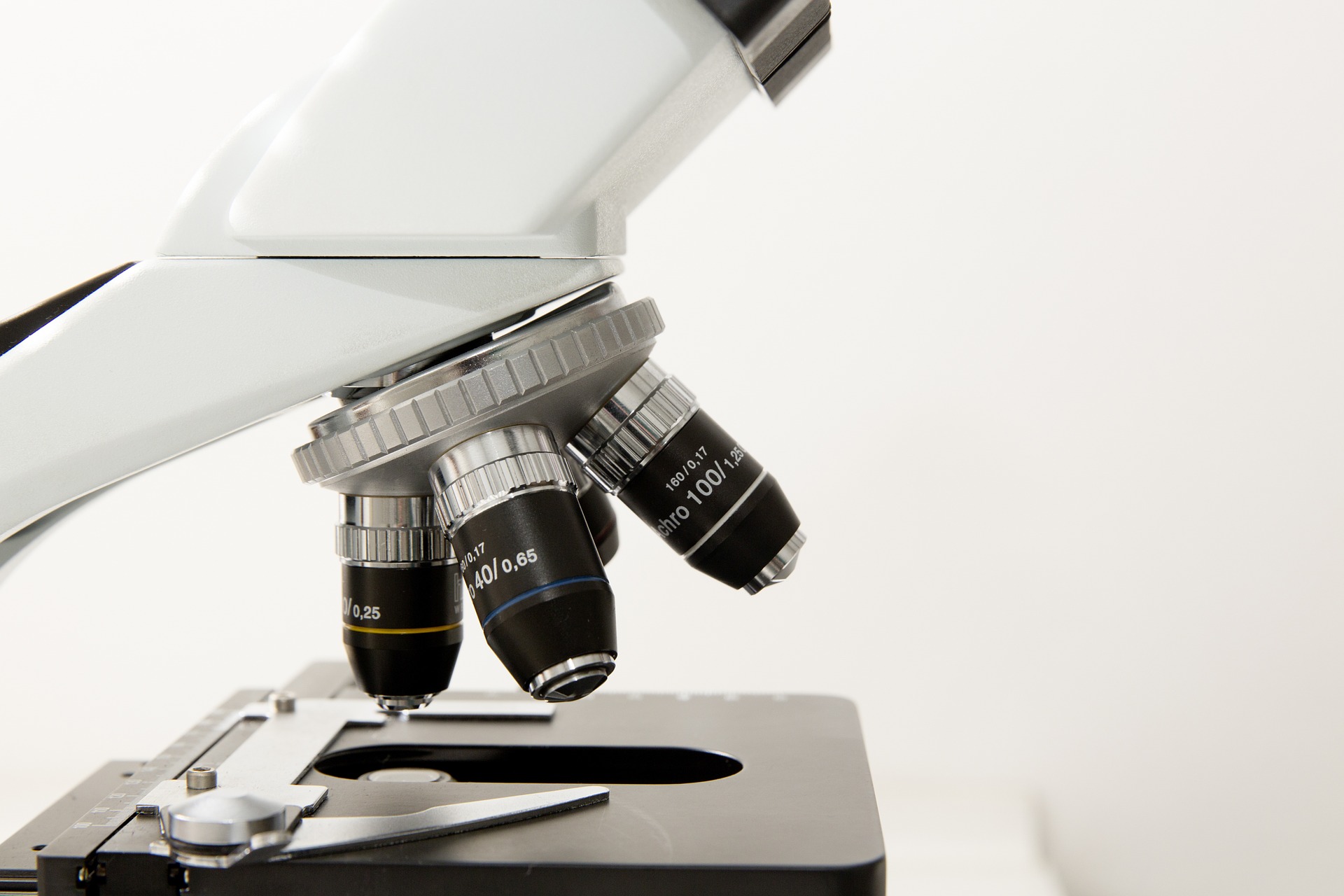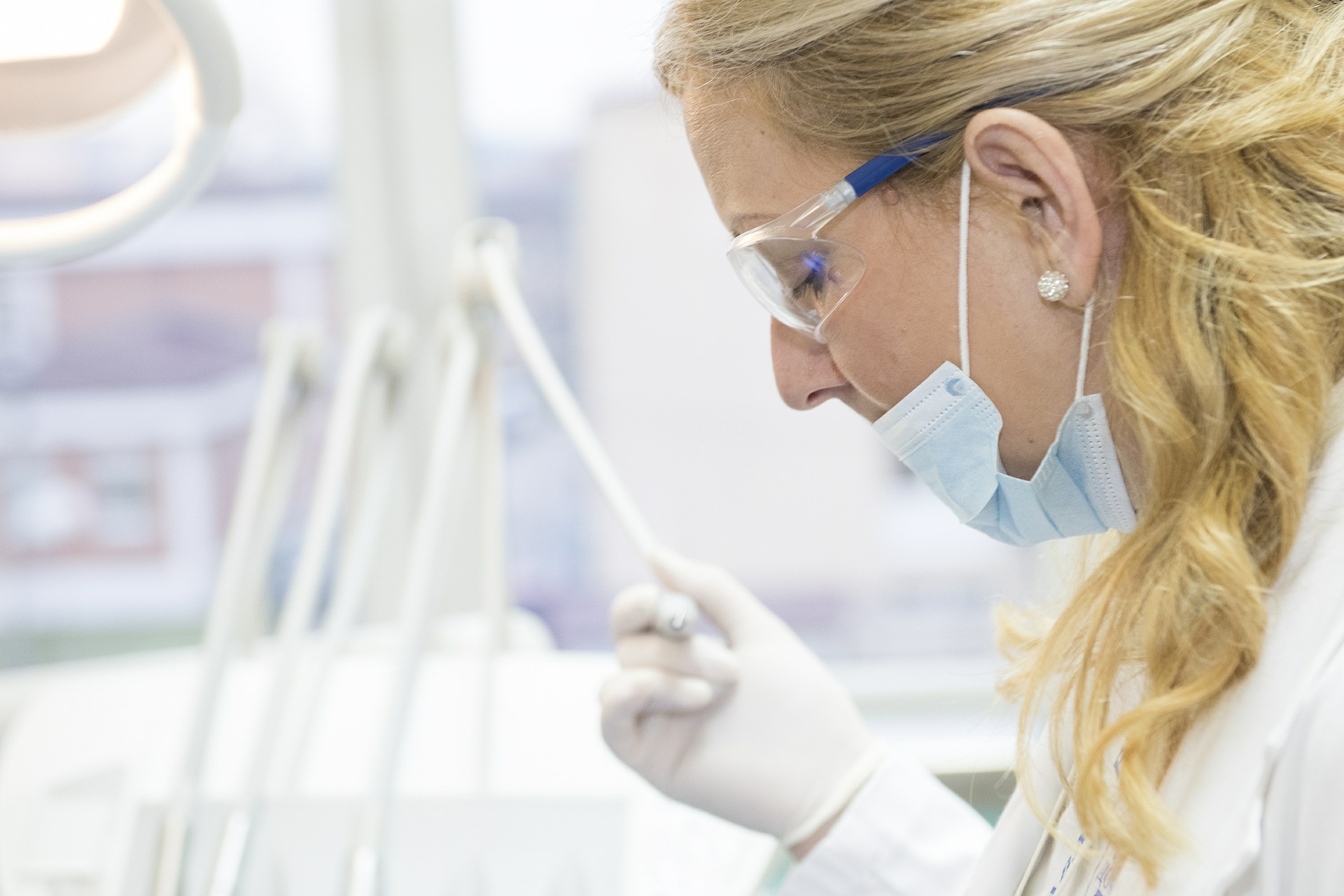Speaking to your GP
Your first step should be speaking to your GP about your condition and how to proceed with planning for a baby. You might also want to contact Genetic Alliance UK, a charity supporting people with genetic conditions.
 Our award-winning dashboard gives users the opportunity to explore HFEA data and find statistics on their own areas of interest. Find out more here.
Our award-winning dashboard gives users the opportunity to explore HFEA data and find statistics on their own areas of interest. Find out more here.Embryo testing and treatments can be used by people who have serious inherited diseases in their family and want to avoid passing the disease onto their children. Find out what your options are and how to get started.
Your first step should be speaking to your GP about your condition and how to proceed with planning for a baby. You might also want to contact Genetic Alliance UK, a charity supporting people with genetic conditions.
PGT-A is mostly used in cases where women have had several miscarriages or failed IVF cycles and want to test their embryos for problems which might lead to another failed treatment. It can also be used to check embryos for chromosome problems.
Find out more about PGT-A
PGT-M, previously known as preimplantation genetic diagnosis (PGD), can be used with IVF to test for over 1,700 rare genetic conditions, including Cystic Fibrosis and early onset Alzheimer’s. Patients then have the choice of only placing healthy embryos into the womb. Find out more about Pre-implantation genetic diagnosis
Find out more about Pre-implantation genetic testing for monogenic disorders
Mitochondrial donation treatment may be an option for people who are at risk of passing on a serious mitochondrial disease to their children. Any children would still be the mother’s and father’s biologically but without the mitochondria that cause the disease.
Find out more about Mitochondrial donationPTT is one of the best available treatments for families where an existing child has a life-limiting blood disorder and they need a donor that cannot be found from a tissue bank or existing relative.
Find out more about Pre-implantation tissue typingAnother option is using a donor in your treatment. You could consider asking a family member if they're not affected by the genetic condition, however, there are restrictions on mixing the eggs and sperm of close relatives.
Find out more about Using a donor
Only certain clinics offer embryo testing and treatments so you may need to travel for treatment. You can search for clinics that offer embryo testing on our website.

Some conditions have already been approved for treatment - view the PGT-M and PTT pages for more information. If you have a rare condition however your clinic may need to get it approved first.

Whether you can access NHS funding depends on a number different of factors, including how serious the condition is and what the likelihood is of a future child inheriting it.
Find out more about Funding
Having these kinds of treatments isn’t for everyone as in most cases it involves discarding embryos that carry the disease and only placing healthy embryos in the womb. Whilst some people take great comfort from knowing their children won’t suffer from a serious disease, others prefer to let nature take its course. If you have any of these treatments, your clinic will give you counselling to help you think through all the issues however it’s worth exploring other avenues of information and support. The Genetic Alliance represents a network of charities supporting people with different genetic conditions and may be a good place to start.

Information for people with genetic conditions (Genetic Alliance UK)
Screening tests in pregnancy (NHS Choices)
Support for people with genetic disorders (Genetic Disorders UK)
Publication date: 27 June 2024
Review date: 27 June 2026